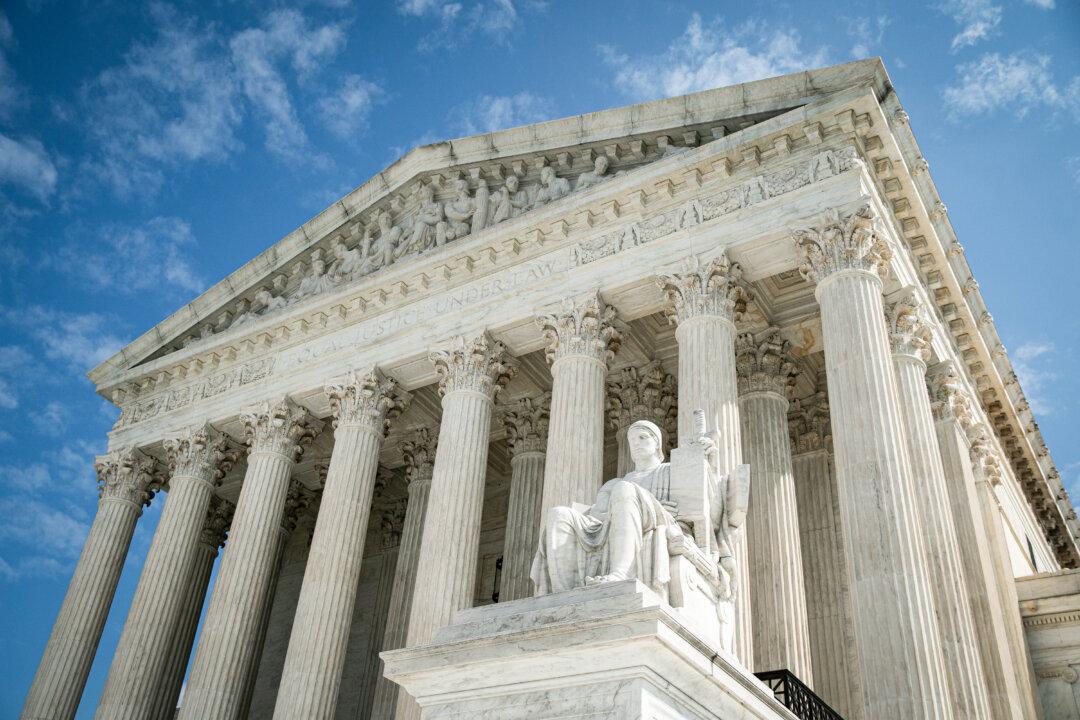The Supreme Court agreed on Nov. 20 to take a look at whether Indian tribes should be allowed to sue the federal government over reimbursements related to administrative expenses generated by insurers.
The federal Indian Self-Determination and Education Assistance Act (ISDA) empowers Native American tribes to administer their own health care programs. Tribes receive funding from the Indian Health Service (IHS), an agency within the U.S. Department of Health and Human Services (HHS).





